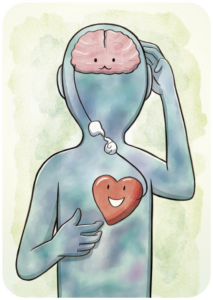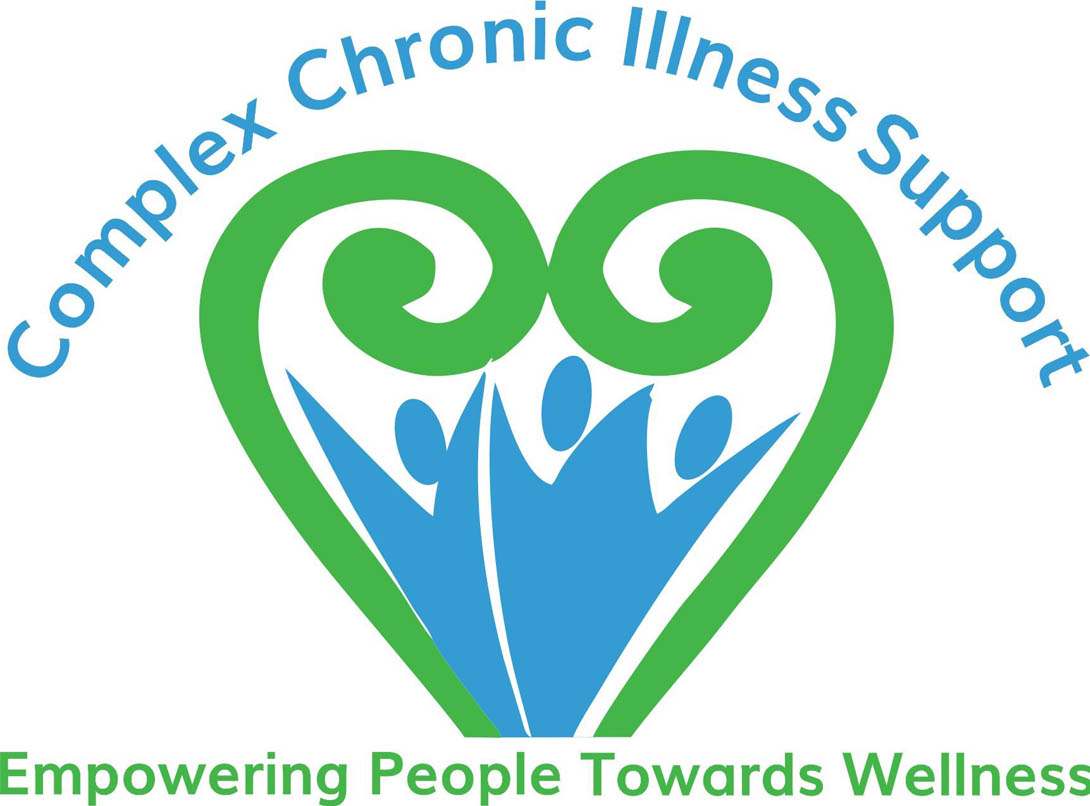Written by S K Arestani, M Karkhaneh, E Stein, S Punja, D R Junqueira, T Kuzmyn, M Pearson, L Smith, K Olsen & S Vohra, 2021
The mind body connection is essential to grasp, if most people are to make significant progress towards wellness. There is no known cure for ME / CFS nor any formally approved medication to treat it, therefore the focus tends to be on managing and minimising the symptoms and improving quality of life. A variety of conventional and complementary therapies have been used to mitigate the symptoms of ME / CFS. As in other chronic conditions, long-term pharmacological interventions may have significant impacts on patients and their families in terms of adverse effects and financial burden. Non-pharmacological o
ptions are of interest to patients as they may be less expensive and have fewer associated adverse effects

Mind-body approaches utilise the interactions between the brain, mind, and body, and behavior to improve health and wellbeing. Using these interconnections strengthens self-awareness and self-care and helps to improve mood, quality of life, and increase one’s ability to cope. Examples of mind-body therapy interventions (MBIs include progressive muscle relaxation, guided imagery, hypnosis, meditation, mindfulness, Tai Chi, yoga and biofeedback. Newer approaches are using the brain’s ability to change (E.g. Neuroplasticity) associated with repeated, purposeful thoughts, feelings or behaviors. The science behind how mind-body therapies work is expanding. It has been shown that the brain and body communicate in multiple directions using neurotransmitters / neuropeptides, hormones, and cytokines and MBIs may be influencing physical health by affecting these interactions
It has become increasingly clear that the nervous system plays a huge part in the continuation of ME / CFS, Fibromyalgia and POTS symptoms. The Towards Wellness Programme includes this in its content and exercises.
The research reviewed is an overview of 12 different research papers into the mind body connection – They measured the effectiveness of several different mind body interventions (MBI’s).
 Those interventions included mindfulness-based stress reduction, mindfulness-based cognitive therapy, relaxation, Qigong, cognitive-behavioral stress management, acceptance and commitment therapy and isometric yoga.
Those interventions included mindfulness-based stress reduction, mindfulness-based cognitive therapy, relaxation, Qigong, cognitive-behavioral stress management, acceptance and commitment therapy and isometric yoga.
Conclusions: Fatigue severity, anxiety / depression and physical and mental functioning were shown to be improved in patients receiving MBIs.
Be aware to do gold standard research requires big dollars and mind body research such as this does not get the money it deserves (as you know) so some of the above may have had small sample sizes, heterogeneous
diagnostic criteria and a high risk of bias.
It does back up the findings we have from the interventions we offer – Gathered in an anecdotal and self-reported way.
